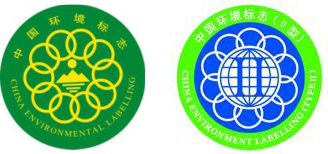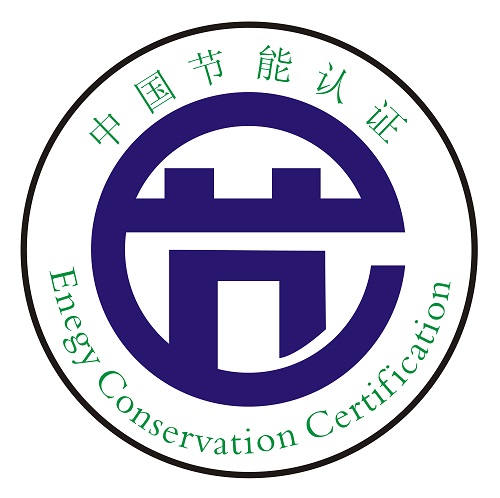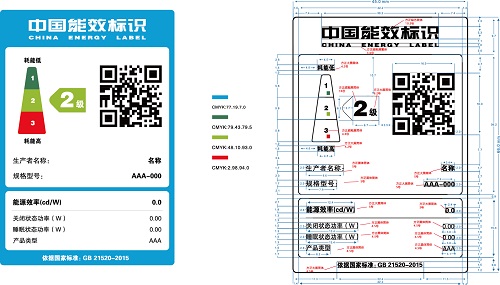China
China overview
The China Quality Certification Centre (CQC) is the national certification body (NCB) of China, and is authorized by the Certification and Accreditation Administration of China (CNCA). China’s Voluntary Product Certification began in the 1980s initially covering quality and safety. Certifications also span environmental protection, energy saving, water saving, low carbon, ergonomics, and anti-explosion. There are multiple opportunities for export of green technologies to China.
Product certification covers electronics, electro-mechanics, machinery, motor vehicles, office equipment, building materials, renewable energy sources, light and textile industry, chemical engineering, and metallurgy. Popular Management System certifications include Quality Management Systems Certifications, Environment Management System Certification, Occupational Health and Safety Management System Certification, Energy Management System Certification and Food Safety Management System Certification (CNCA,2021).
The following list provides examples of requirements for sustainability labelling and certifications for exports to China. Some are compulsory and others are voluntary. All products must be labelled in the Chinese language.
Labelling & certification types

A compulsory mark. The CCC certification is for the protection of national security, human health or safety, animal and plant life or health, and environment, and prevention of deceptive practices. Many items of electronic equipment are required to have the CCC marking before sale.
More info: China Compulsory Certification
Green credentials & standards






